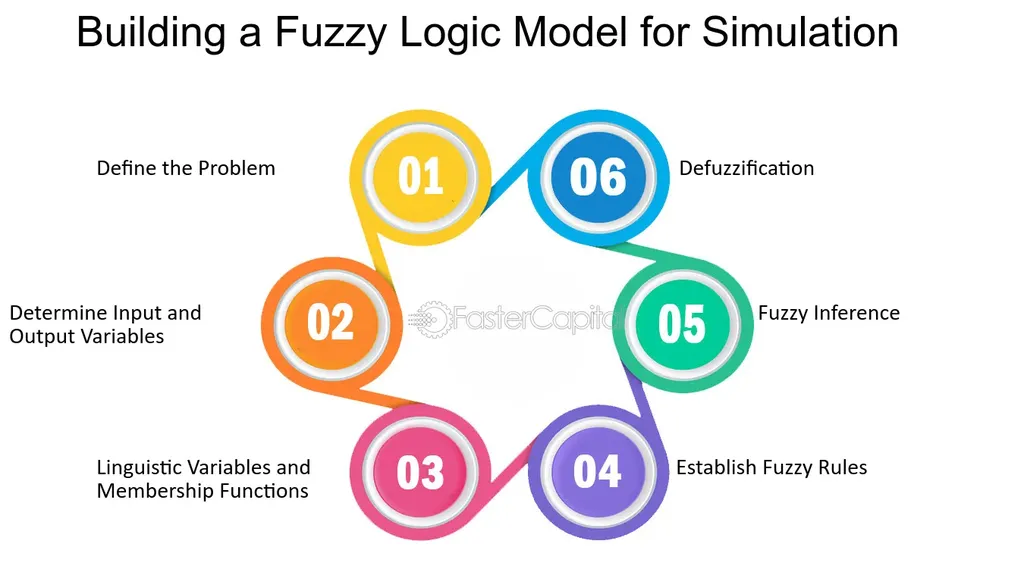In the intricate world of construction project evaluation, decision-makers often grapple with inconsistency and uncertainty, leading to potential pitfalls in multi-criteria decision-making (MCDM). A novel approach, the fuzzy ordinal decision-making method (FODM), developed by Farzane Karimi of the Department of Economics at Washington University in St. Louis, aims to address these very challenges. Published in the journal *Engineering Reports* (translated to English as “Engineering Reports”), this research introduces a method that could revolutionize how construction projects are evaluated, particularly in the context of the circular economy.
Traditional MCDM methods often rely on pairwise comparisons, which can be inconsistent and uncertain, leading to flawed decisions. Karimi’s FODM method leverages ordinal criteria comparison and fuzzy logic to create a more reliable and consistent decision-making framework. “Our method not only reduces the number of pairwise comparisons but also ensures full consistency, making it a significant improvement over existing approaches,” Karimi explains.
The implications for the construction industry are profound. In an era where sustainability and circular economy principles are gaining traction, the ability to make precise and consistent decisions is crucial. The circular evaluation of construction projects, for instance, requires a nuanced understanding of various criteria, from material efficiency to waste management. FODM provides a robust tool to navigate this complexity.
Karimi’s research demonstrates the superiority of FODM through three numerical examples and a real-world case study. The method’s efficiency and consistency could lead to better project outcomes, reduced costs, and enhanced sustainability. “This method lays the groundwork for more accurate decision-making procedures in future research,” Karimi notes, highlighting the potential for broader applications in various sectors, including energy.
The energy sector, in particular, stands to benefit from FODM. As the industry increasingly focuses on renewable energy projects and sustainable practices, the need for reliable decision-making tools becomes paramount. FODM could help energy companies evaluate the viability of projects more accurately, ensuring that resources are allocated efficiently and sustainably.
The introduction of FODM marks a significant step forward in the field of decision science. By addressing the limitations of traditional MCDM methods, Karimi’s research paves the way for more precise and consistent decision-making processes. As the construction and energy sectors continue to evolve, tools like FODM will be instrumental in driving progress and innovation.
In the quest for sustainability and efficiency, the fuzzy ordinal decision-making method offers a beacon of hope. Its potential to transform decision-making processes in the construction and energy sectors cannot be overstated. As Karimi’s research gains traction, it is poised to shape the future of project evaluation, ensuring that decisions are made with greater accuracy and confidence.

